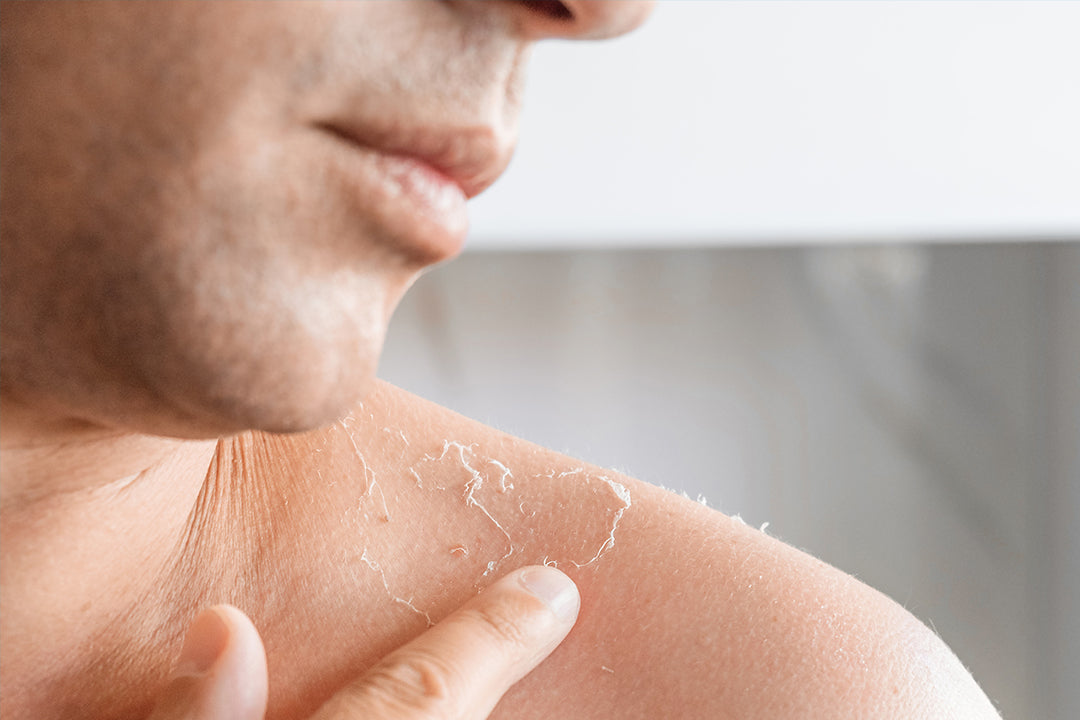As the seasons change, so do your skin’s needs. Just as you adjust your skincare routine to reflect the weather, your diet can also play a significant role in supporting your skin’s health throughout the year. At QRxLabs, we believe in a holistic approach to skincare, where the foods you eat complement the products you use. In this post, we’ll explore how seasonal eating can benefit your skin and how making simple adjustments to your diet can help your skin thrive all year round.
The Link Between Diet and Skin Health
Your skin is your body’s largest organ, and it’s often a reflection of what’s happening inside. The nutrients you get from food help your skin regenerate, repair itself, and stay hydrated. Seasonal eating—the practice of consuming foods that are naturally in season—can provide your skin with the right nutrients at the right time, helping to maintain its glow and health.
Spring: Detox and Renew
Spring Foods for Glowing Skin:
- Leafy Greens (Spinach, Kale): Rich in antioxidants like Vitamin C and E, leafy greens help protect your skin from oxidative stress and free radical damage, while promoting collagen production for a smoother complexion.
- Asparagus and Artichokes: High in fiber and antioxidants, these vegetables aid in digestion and help detoxify the skin by reducing inflammation.
Skin Benefits: Spring is all about renewal, both for your skin and your body. As the weather warms up, detoxifying foods rich in antioxidants help clear out toxins and prepare your skin for the sun’s increased intensity. Eating fresh, vibrant greens helps to brighten dull winter skin and reduce inflammation, giving you that springtime glow.
Summer: Hydrate and Protect
Summer Foods for Hydrated Skin:
- Watermelon and Cucumber: Packed with water and essential nutrients, these foods help hydrate your skin from the inside out, keeping it plump and radiant.
- Berries (Blueberries, Strawberries): Rich in antioxidants, berries help protect your skin from UV damage and reduce inflammation caused by sun exposure.
Skin Benefits: Summer brings more sun exposure, which means your skin needs extra hydration and protection. Water-rich fruits like watermelon and cucumber help to keep your skin hydrated in the hot weather. Antioxidant-packed berries provide a natural shield against sun damage by neutralizing free radicals, helping to prevent premature aging and sunspots.
Fall: Nourish and Repair
Fall Foods for Healthy Skin:
- Pumpkin and Sweet Potatoes: Both are rich in beta-carotene, which the body converts into Vitamin A—a nutrient that helps repair and regenerate skin cells.
- Apples and Pears: These fruits are high in fiber and vitamins, supporting digestion and hydration, which help maintain a healthy complexion.
Skin Benefits: As the temperatures drop and the air becomes drier, your skin can become more prone to dehydration and damage. Beta-carotene-rich foods like pumpkins and sweet potatoes promote skin repair and regeneration, while hydrating fruits like apples and pears help keep your skin soft and nourished. These foods also help your skin transition from the heat of summer to the cool of fall by providing essential nutrients for repair and recovery.
Winter: Moisturize and Protect
Winter Foods for Soft, Supple Skin:
- Avocados and Olive Oil: High in healthy fats, these foods help restore the skin’s natural barrier and lock in moisture, keeping your skin soft and smooth during the dry winter months.
- Citrus Fruits (Oranges, Grapefruits): Rich in Vitamin C, these fruits boost collagen production and help protect your skin from the harsh winter elements.
Skin Benefits: During the winter, the cold air and indoor heating can strip your skin of moisture, leaving it dry and flaky. Healthy fats from foods like avocados and olive oil help restore the skin’s lipid barrier, locking in moisture and preventing further dehydration. Citrus fruits, high in Vitamin C, boost collagen production, keeping your skin firm and resilient against the harsh winter weather.
How to Incorporate Seasonal Foods for Better Skin
- Rotate Your Produce: Shop at local farmers' markets or choose fruits and vegetables that are in season to ensure you’re getting the freshest, most nutrient-dense options for your skin.
- Hydrate Consistently: No matter the season, drinking plenty of water and eating water-rich foods is key to maintaining healthy, glowing skin.
- Supplement with Skincare: While your diet plays a significant role in your skin’s health, complementing it with a targeted skincare routine is essential for optimal results.
Eating seasonally isn’t just beneficial for your overall health—it can also have a powerful impact on your skin. By aligning your diet with the natural rhythms of the seasons, you can nourish your skin with the specific nutrients it needs to thrive in any climate. Combine a seasonal diet with science-backed skincare products from QRxLabs to keep your skin radiant, balanced, and healthy year-round.





